
Inventory Count: Thursday, April 24th – Friday, April 25th. Resuming normal operations on Monday, April 28th. To avoid delays, check the order cutoff date: More Details
Recent Posts


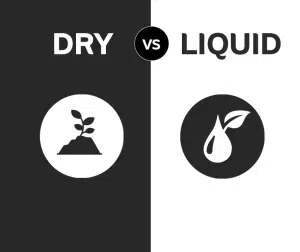

Upcoming Events
Latest Comments
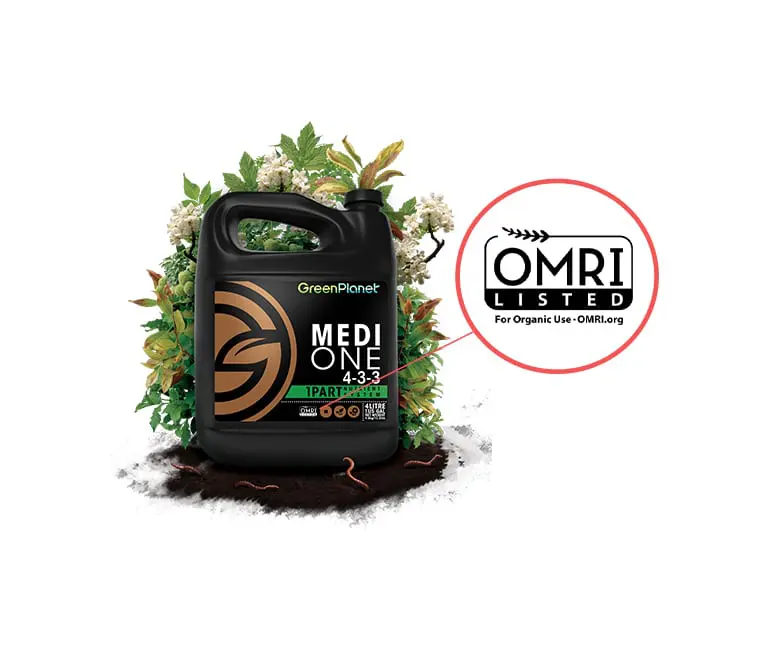

Organic gardening is the process of enriching plants with naturally occurring materials, which at harvest time, arguably produce the cleanest and most unadulterated food and flower products available on the market. The practice of organic gardening, however, is not entirely about the production of clean and tasty crops – the roots of the trade foremost stem from philosophies that value the environment. Unlike the processes of commercial farming, where growers benefit from a variety of inorganic ingredients, like chemical fertilizers and pesticides, organic growing utilizes natural properties and elements to supplement plant health and stability. By facilitating plant growth through naturally occurring entities, the organic community can encourage tenets such as soil biodiversity and a decrease in waste and pollution, which, if cared for, can ultimately promote and maintain centers of flora and fauna diversification over time.
To maintain standards in the field of organic agriculture, organizations such as the Organic Materials Review Institute (OMRI), help manage the industry of inert fertilizer production, ensuring the inputs to your garden are sustainable, ethically sourced, and otherwise meet the certification standards of OMRI listed products.
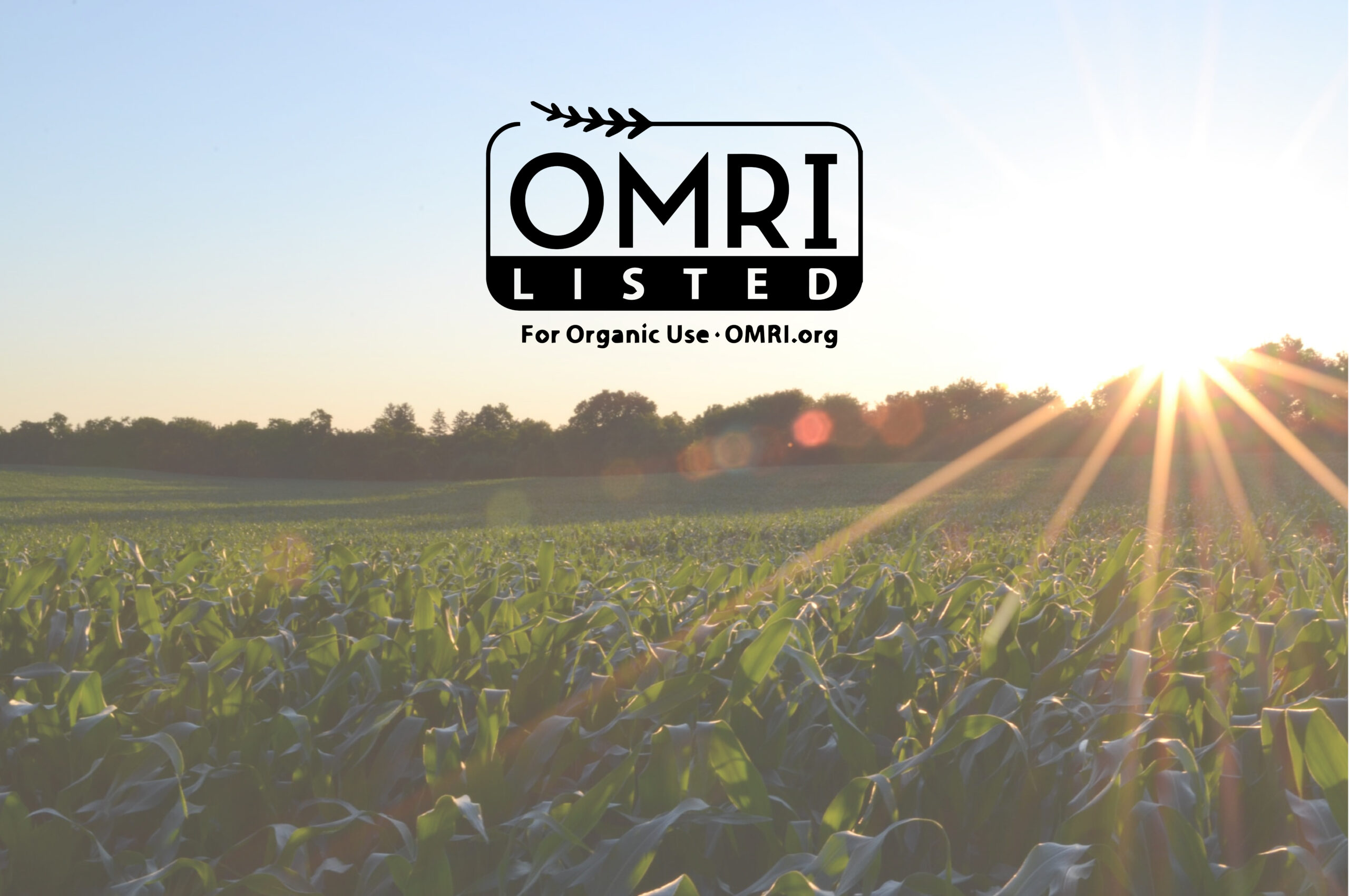
OMRI is a non-governmental organization that manages the standards of inputs that go into producing certified organic gardening products. In addition, OMRI verifies the sources and procedures of production which go into the manufacturing process of fertilizers, pesticides, and fungicides, ensuring that the compounds which go into these products meet organic standards.
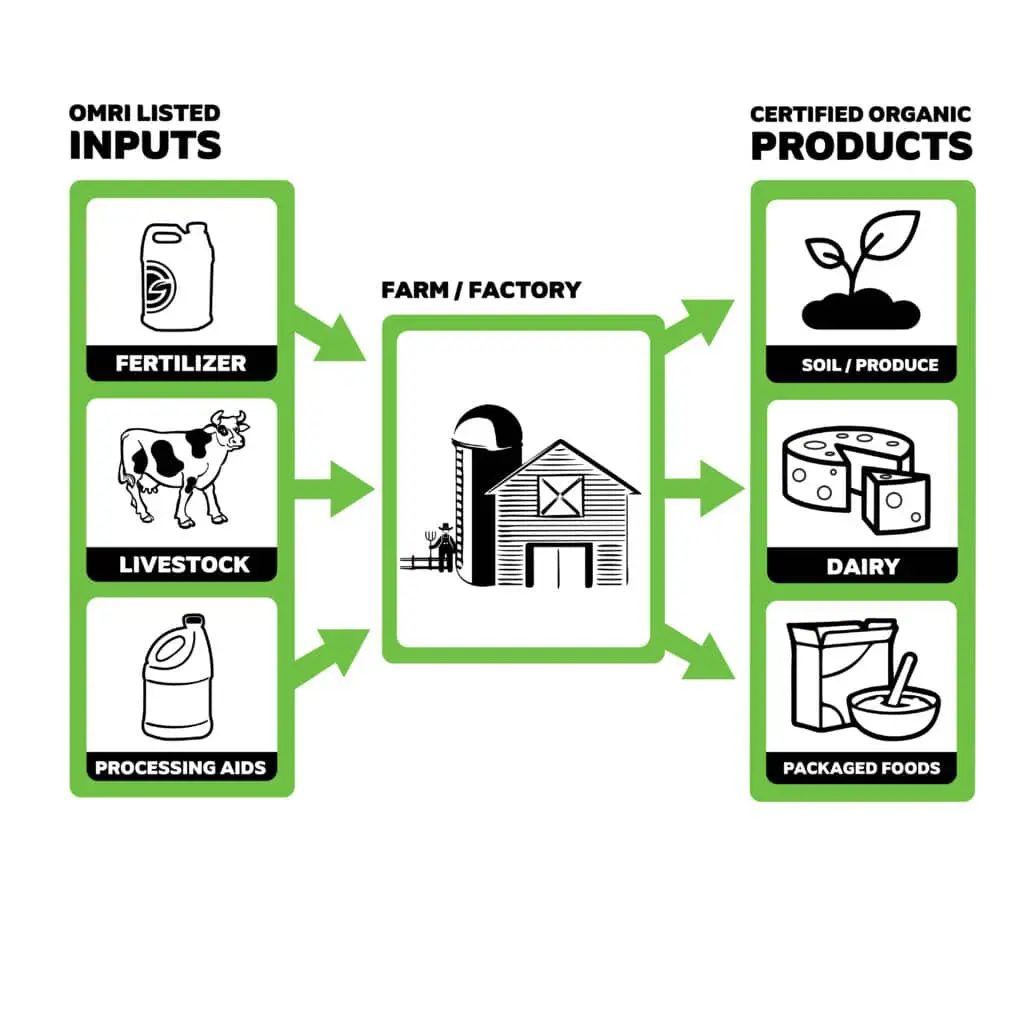
In order for a product to become OMRI listed, the manufacturer must provide OMRI with data like an ingredients list, the manufacturing process, the formula of production, and other necessary information to verify the product’s efficacy against organic standards. You can find OMRI-listed products in all places of the industry, from soils and mediums to liquid and soluble fertilizers. To check if a specific fertilizer is ‘certified’ organic, consult OMRI’s most recent product list.
Although there are many benefits of using an organic method of gardening, there are some more specific advantages growers can expect when using an OMRI-listed product in the garden.
As a consumer, purchasing a product with an OMRI stamp is one of the safest bets you can make in the production of an organic garden. Because of the measures taken by OMRI in the certification process, consumers can expect a product that will produce clean food and flower crops consistently.
Organic gardening is all about quality. By picking an OMRI-listed fertilizer over chemical, or uncertified supplements, you can ensure your garden will be cut above the rest at harvest time. Part of the process of OMRI certification is the payment of quality assurance testing by fertilizer manufacturers against organic standards; manufacturers pay the fee for OMRI testing whether or not their product gets a stamp of certification. As a result, the transparency OMRI provides, along with other foundations of material testing, evidently leads to the production of quality-driven organic products in the marketplace.
Although OMRI tests specific organic inputs against standards in the production of crops, it does not certify food or flower products as organic in nature. To become a certified organic producer of crops, there are many other steps that gardeners must navigate. As a result, other institutions that act as food/fiber certifiers look at many factors in the process of farm certification, for instance, where, how, and with what techniques crops are produced. However, if your potentially organic farm was using an OMRI label fertilizer in the production process, the decision to certify your garden as ‘organic’ would become much easier for certifiers.
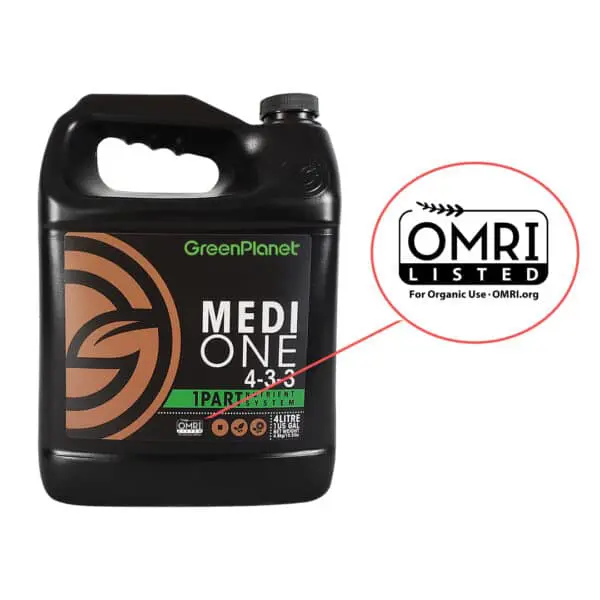
Looking for a reliable OMRI-listed product? Try our award-winning base nutrient Medi One. Medi One is the only certified organic product on the market today that can deliver the quantity and quality you expect from an award-winning nutrient. So, if you’ve ever thought of crossing over into the world of organic farming, your chance is finally here with the help of GreenPlanet.
To access the rich and diverse compounds of Medi One, contact a member of the GreenPlanet sales team or your local garden supply store for product information and purchasing inquiries.
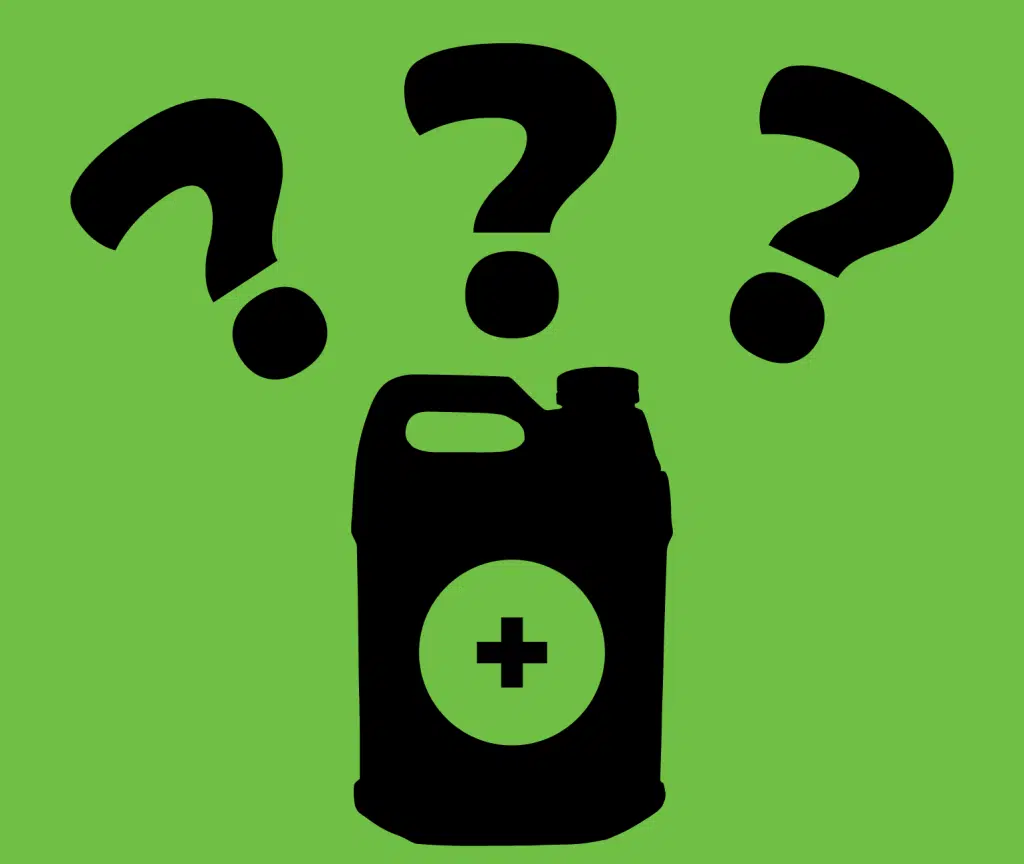

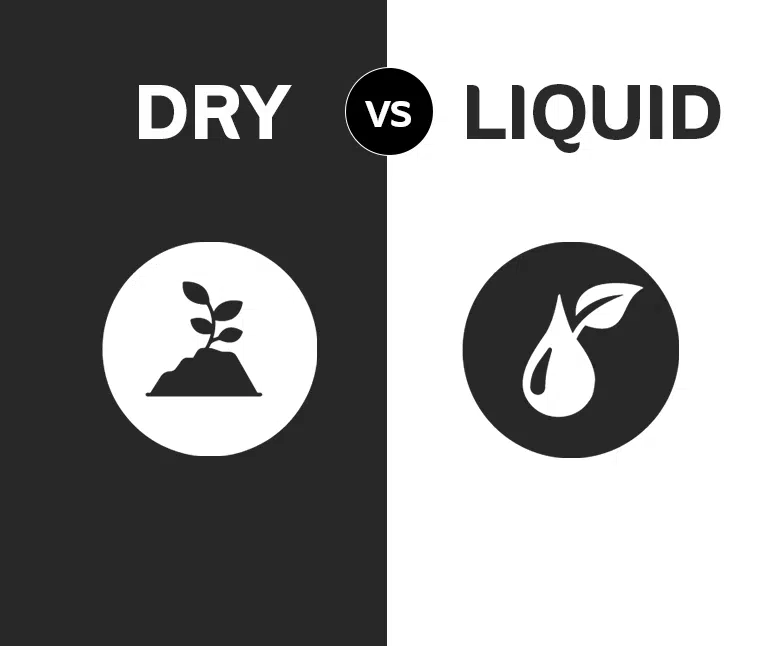
GP NUTRIENTS
COMPANY
CONSUMER
OUR WORLD
CONNECT
NEWSLETTER
usinfo@mygreenplanet.com
+1-866-913-4769
Monday: 8am – 4:30pm
Tuesday: 8am – 4:30pm
Wednesday: 8am – 4:30pm
Thursday: 8am – 4:30pm
Friday: 8am – 4:30pm
Saturday: Closed
Sunday: Closed
Week of Dec 18-22- Regular operating hours
Dec 25- Closed (Stat Holiday)
Dec 26- Closed (Non-Stat day off with pay)
Dec 27-29- Regular operating hours
Jan 1- Closed (Stat Holiday)
Jan 2-5- Regular operating hours
Recent Comments